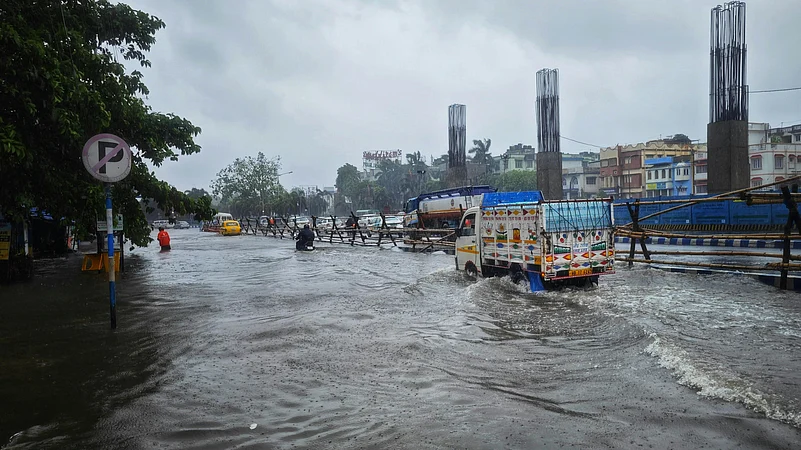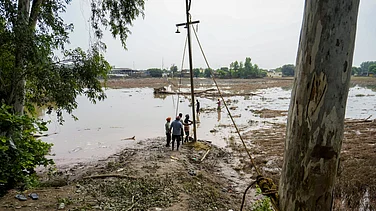
Early climate action saves $46 billion compared to post-disaster aid, says IIED.
India could lose $11 billion without resilience-focused investments and planning.
Coordination among agencies boosts resource efficiency and disaster response outcomes.
Anticipatory action and resilience-building measures can save lives and billions of dollars in developing countries and Small Island Developing States (SIDS) which outperforms traditional post-disaster aid by a wide margin, according to a report published by a UK-based policy research insitture, International Institute for Environment and Development (IIED) on October 14.
As climate change hampers hard-won development gains, worsens food insecurity and pushes households deeper into poverty, early action through social protection is recommended as one of the effective ways to build climate resilience, according to the IIED report.
According to the report, India is among the vulnerable countries that face highest climate risks globally and risk losing over $11.16 billion in severe climate shock scenario. However, by investing $2.2 billion in early resilience measures such as drought-proofing infrastructure, expanding employment schemes, and strengthening social registries could help countries offset these losses, contributing to over $46 billion of savings in comparison with reactive measures.
Commenting on the findings of the report, Ritu Bharadwaj, lead author of the study and director, climate resilience, finance, loss and damage at the IIED told The Hindu that the evidence supports the fact that governments can protect people and economies “at a fraction of the cost of waiting until disaster strikes” by investing early on.
She further said that when the crisis strikes, stakes tend to go higher due to the difficult recovery and trapped families. As a result governments have to pay far more at a later stage as the recovery becomes demanding.
The study analysed data from eight countries including India, Bangladesh, Pakistan, Ehiopia, Ghana, Malawi, Senegal and Uganda, using 62 years of disaster records and over 10,000 simulations per country. It compared four types of interventions—existing social protection programmes, humanitarian aid, anticipatory direct benefit transfers (DBTs) and resilience investments.
The IIED stated that the results were clear. Existing social protection programmes mitigates just 2% of losses, while humanitarian aid reduces losses to 59%. Anticipatory DBTs, and cash or food transfers triggered by early warnings, cut losses to 42%, and early resilience investments brought them down to 27%, the study found.
Benefits of Early Coordination
According to a World Food programme report, anticipatory humanitarian interventions yield high returns, with every dollar spent before disasters resulting in significant cost and life savings.
When different government agencies and organisations work closely together they can amplify the benefits by improving resource allocation, reducing duplication of efforts, and fostering a more cohesive and timelier, prioritised response.
The IIED study's argument for early climate resilience investment is strengthened by the inclusion of such evidence.




























